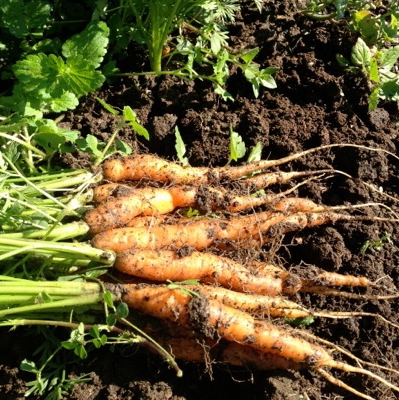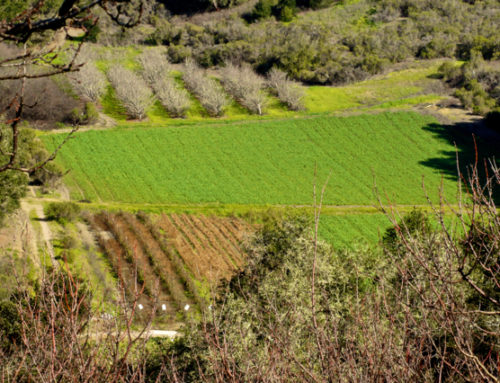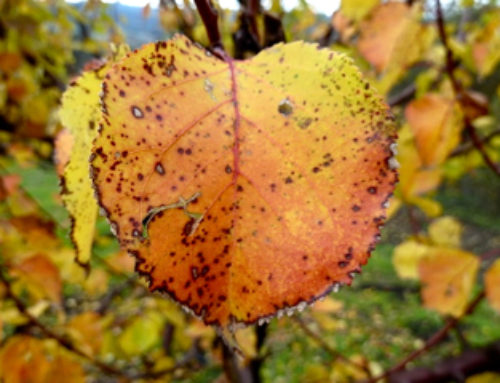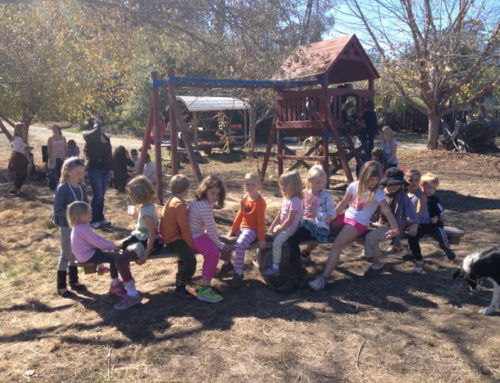During a discussion about the farm’s finances, Constance wondered whether the prices we charge for our crops reflect their true cost. What does a bunch of carrots in your CSA share really cost? Is the $2.00/bunch we charge customers at the farmer’s market a fair exchange?
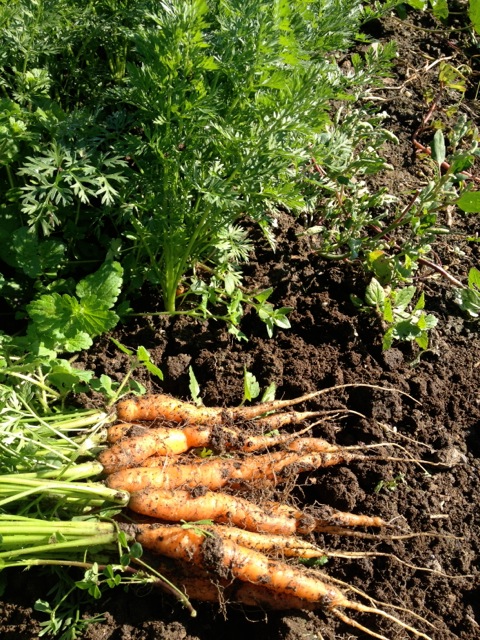
Pricing is complex and not an exact science. In my head, I can make some rough calculations. Besides the seed cost, there are costs involved for every step in the production process, which starts with the soil’s fertility – the growing of covercrops, adding soil amendments, compost, and organic fertilizer – and encompasses the whole range of mechanical field preparation methods such as plowing, harrowing, spading, tilling, bed listing, and shaping. Only when the soil is well prepared and the conditions allow will we proceed with seeding, transplanting, irrigating, weeding, and cultivating. Only when we start using our hands to pull a carrot out of the ground and place it in the hands of the person who buys it do we count the cost of harvesting, washing, bunching, packing, cooling, transporting, and selling. In addition to production costs, there are other “universal” costs such as the cost for the land, the field implements, the tractors, the fuel, the administrative costs, insurance, taxes, and some others I am probably forgetting.
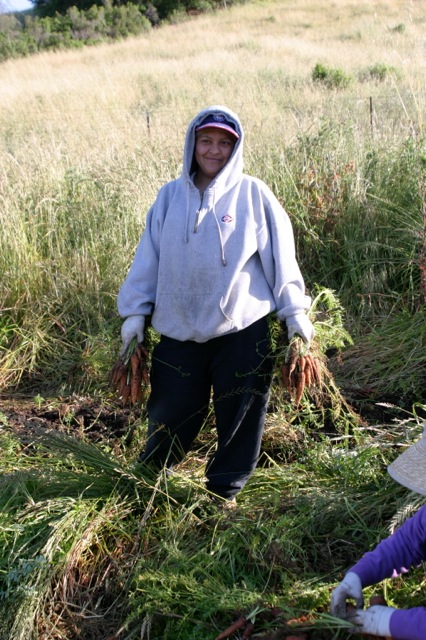
Then there are the costs that are more unpredictable and are inherent in farming since they have to do with mother nature’s dynamic uncertainties, all of which will impact the development process of a plant starting from the beginning as a seed to the mature harvestable crop. Each crop has its unique requirements. Carrots, for example, need 10 – 14 days to germinate, and require uniform moisture levels throughout that period in order for that carrot seed to sprout. Of course other plants, commonly dismissed as weeds, will also favor these conditions and often germinate faster and choke out the carrots unless they are removed in a timely manner. Weather conditions for all our fruiting crops have to be favorable to induce flowering, encourage pollination, and fruit development. Unfavorable weather conditions will always decrease the yield and quality of a crop. Finally, let’s not forget the cost of sharing some of our harvest with other lifeforms, whether they are insects, fungi, bacteria, or some of our warm blooded cousins the deer, gophers, rabbits, or birds.
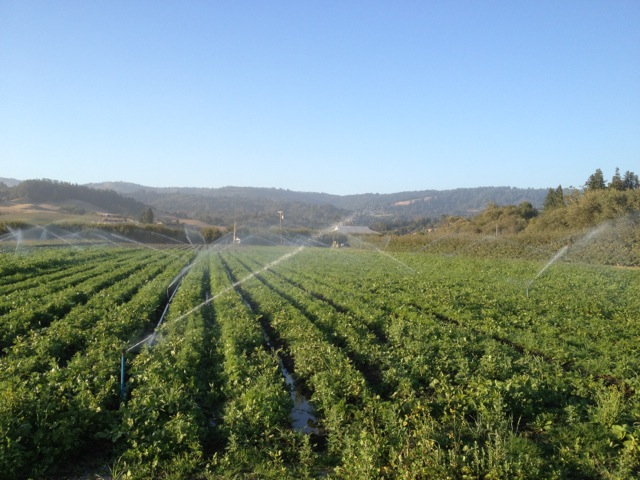
All in all, at the end of the day we are asked to measure, record and calculate all these factors in order to come up with a number value by which we can measure our success of whether we made a profit or not. In our current system this is the best we have, a process of commodification where everything needs to be judged in dollars and cents. So if a bunch of carrots costs $2.00, is that its real worth? Of course not, it’s only part of the bigger equation. A bunch of carrots should also be valued for the ecological stewarding of the land it’s grown on, the educational opportunities it offers to kids who visit Live Earth Farm every week to experience first hand where, how and by whom they are grown. The price should reflect the value of the farm’s labor practices that benefit the workers and take into account that this bunch of carrots was grown on a small diversified farm rather than a large scale industrial operation.
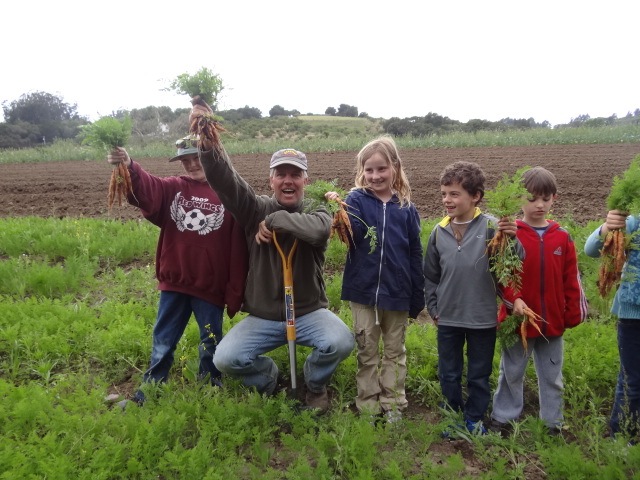
So, after all these rough calculations in my head, it is hard to put a “true” price on a bunch of carrots. It is not only difficult for me the farmer, but also difficult to figure out for you the consumer. I always believed that the best way to honor the true value of the food we grow is through the CSA, where we create a direct relationship between you and our farm that is mutually supportive. So, thanks for supporting our CSA and being a part of our Live Earth Farm community. Now is a good time to spread the word as we are open to receive more members for the 2013 season, and of course we will continue to grow more carrots and all the other goodies this earth provides us with.


